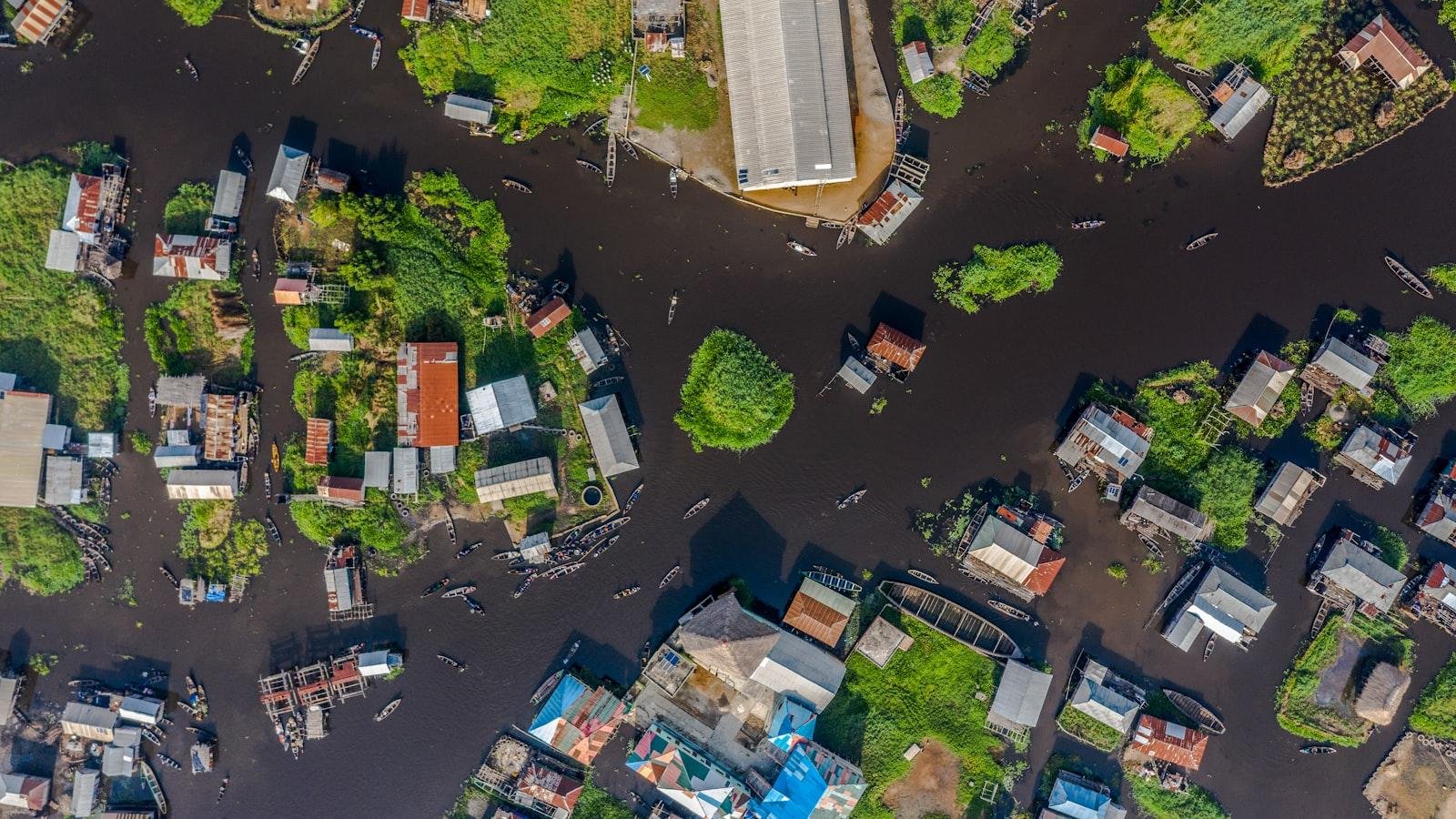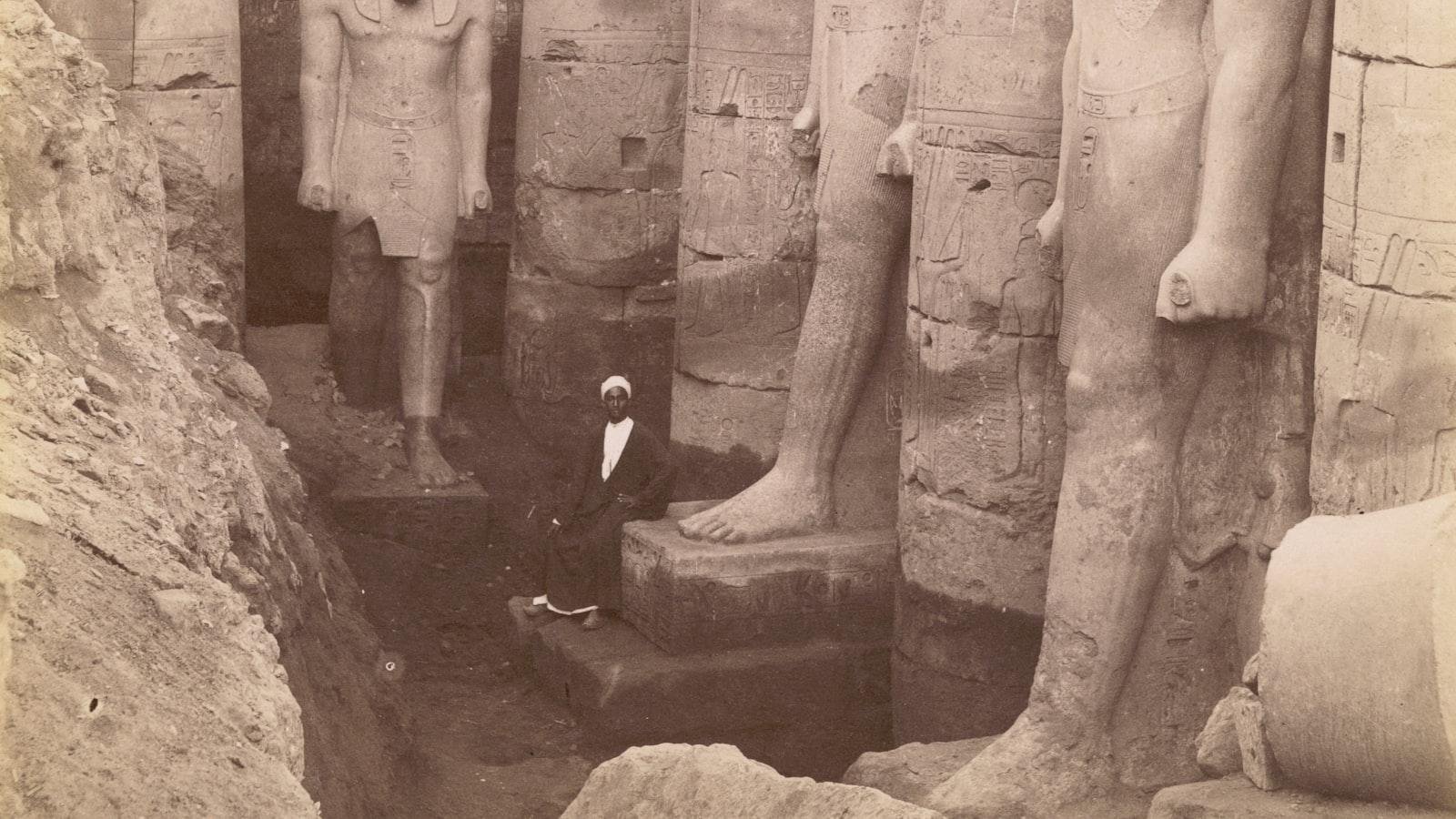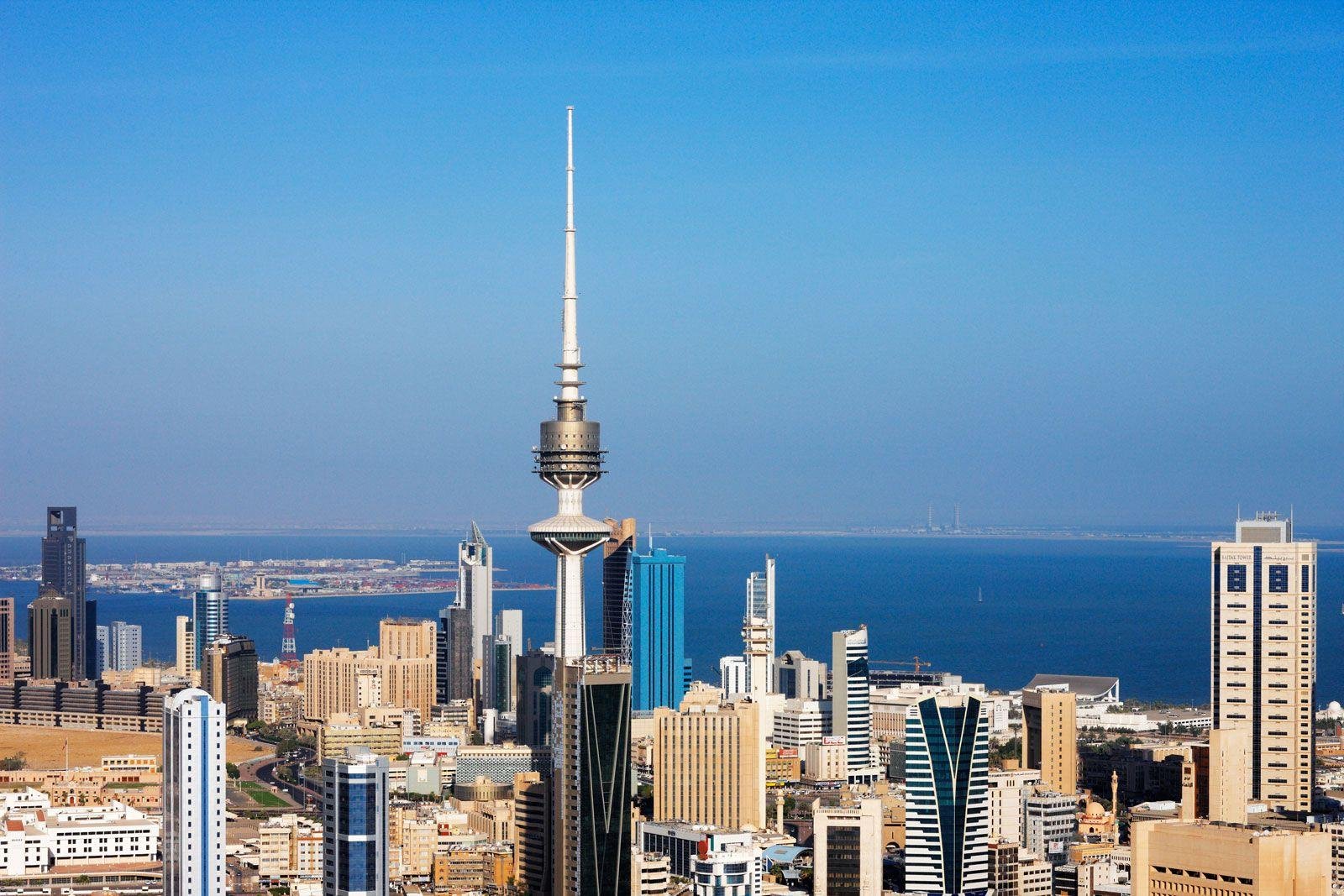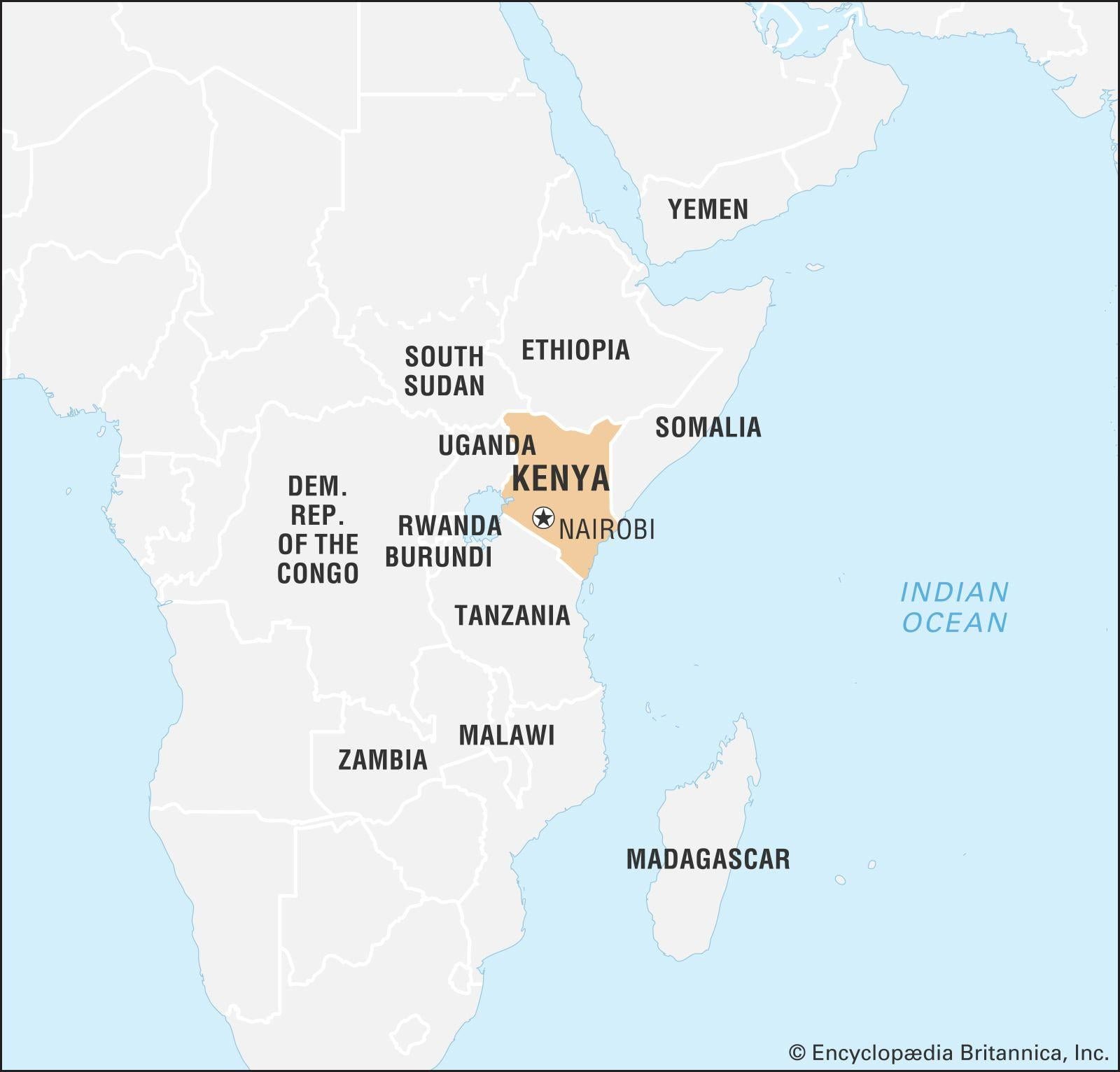Now Reading: Benin
- 01
Benin

Benin
Benin, formerly known as Dahomey, is a West African country steeped in rich history and culture. From its time as a powerful kingdom known for its fierce warriors to its current status as a developing nation striving for economic growth, Benin offers a fascinating look into the diverse landscapes and traditions of the African continent. In this article, we will delve into the history, geography, economy, and culture of Benin, exploring what makes this country a unique and intriguing destination for travelers and scholars alike.
History and Cultural Heritage of Benin
In the heart of West Africa lies the country of Benin, rich in history and cultural heritage. Benin, formerly known as the Kingdom of Dahomey, has a fascinating past that dates back centuries. From powerful kings and warrior queens to intricate bronze sculptures and vibrant voodoo traditions, Benin’s history is as diverse as it is intriguing.
One of the most iconic symbols of Benin’s cultural heritage is the famous Benin Bronzes. These intricate sculptures were created by the skilled artisans of the Kingdom of Benin and are renowned for their artistic and historical significance. The Benin Bronzes are a testament to the artistic prowess of the people of Benin and serve as a reminder of the country’s rich cultural legacy.

Economic Dynamics and Infrastructure in Benin
Bordered by Togo, Nigeria, Burkina Faso, and Niger, Benin is a country in West Africa with a population of over 11 million people. The country’s economy is largely dependent on agriculture, with the majority of the population engaged in farming activities. Cash crops such as cotton, palm oil, and cocoa are significant contributors to the country’s GDP. In recent years, the government has been making efforts to diversify the economy by investing in sectors such as tourism and manufacturing.
Infrastructure in Benin is still developing, with challenges such as poor road networks and limited access to electricity. However, the government has been working to improve infrastructure through initiatives such as the construction of new roads and the expansion of the country’s electrical grid. Additionally, Benin’s strategic location along the coast of the Gulf of Guinea makes it an important hub for trade in the region. The country’s ports play a crucial role in facilitating international trade, attracting investment, and driving economic growth.
Environmental Challenges and Conservation Efforts in Benin
Benin, a small West African country, faces various environmental challenges that threaten its natural resources and biodiversity. Deforestation, soil degradation, water pollution, and climate change are some of the key issues impacting the country’s ecosystems. These challenges are exacerbated by rapid population growth, urbanization, and unsustainable agricultural practices.
Despite these challenges, Benin has made significant efforts to conserve its natural environment and protect its wildlife. The government has established protected areas such as Pendjari National Park and W National Park to safeguard endangered species like elephants, lions, and hippos. Additionally, community-based conservation initiatives involving local communities have been implemented to promote sustainable use of natural resources and help alleviate poverty in rural areas.
Travel Tips and Recommendations for Visiting Benin
If you are planning a trip to Benin, there are a few travel tips and recommendations that can help make your experience more enjoyable. One of the must-visit attractions in Benin is the Royal Palaces of Abomey, which are a UNESCO World Heritage Site. These historic palaces provide a glimpse into the country’s rich history and culture. Another popular destination is the Pendjari National Park, known for its diverse wildlife including elephants, lions, and hippos.
- Make sure to try some of the delicious local cuisine, such as grilled fish with spicy sauce or akpan, a popular dish made from corn dough.
- When exploring the markets in Benin, be prepared to haggle for the best price, as bargaining is a common practice.
It is important to respect the local customs and traditions while visiting Benin. Make sure to dress modestly when visiting religious sites, such as the Grand Mosque of Porto-Novo. Additionally, it is recommended to learn a few basic French phrases, as French is the official language of Benin.
- For accommodations, consider staying in a traditional guesthouse or eco-lodge to experience the local culture firsthand.
- When traveling around Benin, be aware of the local transportation options such as shared taxis and motorcycle taxis, known as zemidjans.
The Way Forward
In conclusion, Benin is a country rich in history, culture, and natural beauty. From its vibrant markets and bustling cities to its lush landscapes and fascinating historical sites, Benin offers a unique and enriching experience for travelers. Whether you are drawn to its music and dance, its traditional religions and beliefs, or its stunning wildlife and scenery, Benin has something to offer everyone. So next time you are looking for a destination off the beaten path, consider exploring the wonders of Benin.











